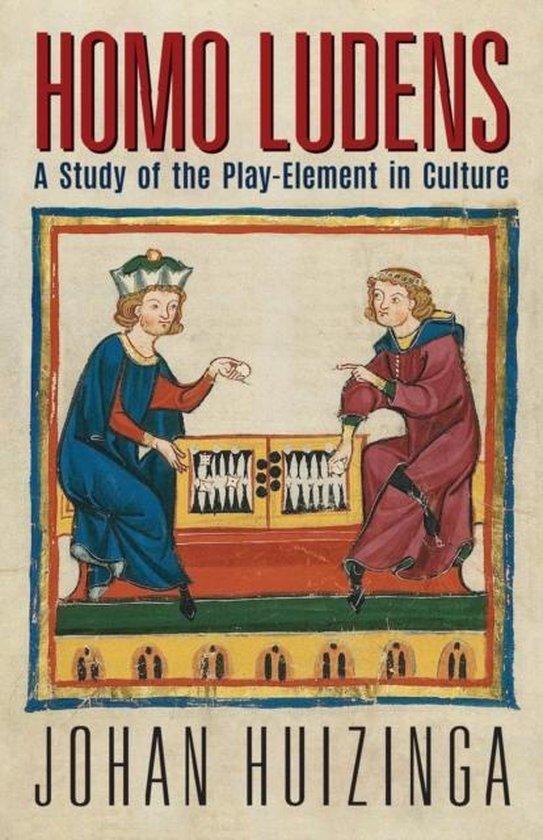Homo Ludens
Johan Huizinga is the greatest of all Dutch cultural historians and his fascination for the past resounds from every page of his work. In many of his books he discusses the play element in culture and as his life was drawing to a close he collected his thoughts on the subject in Homo Ludens. He examines the role of play in law, war, science, poetry, philosophy and art.

Huizinga saw the instinct for play as a central element in human culture: ‘In myth and ritual the great instinctive forces of civilized life have their origin: law and order, commerce and profit, craft and art, poetry, wisdom and science. All are rooted in the primeval soil of play.’
In Homo Ludens Huizinga attempts to show the impact of play on almost every aspect of culture, in other words how culture is shaped by play. The importance of this endeavor is that it identifies play as an independent phenomenon. Play for Huizinga has its own organizational forces, its own purposes and its own space and time, all of which affect culture.
A must-read for anybody with serious interest in games and play. It is the classic work in the field, still more informative than any of the modern books on the subject.
Chris Crawford, author of 'Chris Crawford on Game Design'
A fascinating account of ‘man the player’ and the contribution of play to civilization.
Harper’s
